Gary Numan
Dead Son Rising
Mortal, 2011
The chief irritation that’s come with a being Gary Numan fan for the past decade or so has been the constant stream of lazy comparisons drawn between his recent albums and Nine Inch Nails and Marilyn Manson. Such comparisons have mostly been made by hack music journalists who wouldn’t know the difference between Pretty Hate Machine and Further Down The Spiral, let alone whether Numan’s new-found darker edge actually held anything in common with the ’90s two most convenient “music for people who wear black” touchstones (short answer: not really – long answer: a bit on Pure). In any case, Numan’s thrown a curveball at those of us who’ve gone to bat championing the originality and unadulterated Numanosity of his past four LPs: Dead Son Rising often sounds like Nine Inch Nails. A lot. Thankfully, it’s also the strongest album he’s released since 1994’s Sacrifice.
As the pulsing, instrumental intro “Resurrection” gives way to the tightly wound drums and pleasantly distorted guitar of “Big Noise Transmission”, it’s immediately apparent that Numan remains committed to a dark and heavy sound, but has learned to get his tracks up to a faster clip without sacrificing depth. It’s an important and welcome development given how Numan’s latter day records could get fall into repetitive ruts from time to time (looking at you, Exile). Dead Son Rising is all over the map in terms of mood, tempo, and density of arrangement, a vital point in its favour considering it’s only eight tracks long once you subtract the intro and two (mostly superfluous) reinterpretations of album tracks.
“Not The Love We Dream Of” blends the mournful piano of Fragile-era NIN (with a hint of “A Warm Place”) with Numan’s, um, fragile side, recalling both “Absolution” and “Please Push No More“. “Dead Sun Rising” leans a bit too heavily on synth fuzz and crackle which feel out of place given the simplicity of the song itself; I feel as though its innate elegance would benefit from some less-overwrought analogue warmth or the cold, smooth washes of Sacrifice. For an album which treads the line between overproduction and solid songwriting very carefully, “Dead Sun Rising” is the sole track which swings into the former. Studio-added tics and accents fare far better on “When The Sky Bleeds, He Will Come”, in which the quiet/loud verse/chorus formula of Pure is drastically improved upon.
Speaking of which, while cuts like “When The Sky Bleeds” and “For The Rest Of My Life” aren’t radical structural departures from the industrial rockers Numan has issued on previous sorties as such, you could be forgiven for thinking so given how much more fun and punchy they feel this time out. No small share of the credit for that should go to Ade Fenton, Numan’s recent collaborator who came aboard for the Jagged sessions. While Jagged didn’t deliver the clutch of tunes offered by Dead Son, it did find a way to artfully combine Numan’s desire to explore grimier sonic territory with the subtlety and depth of production which had always marked his best work; with the quality of Dead Son‘s tracks, that ambition has finally paid off in full.
The issue of Dead Son Rising‘s debt to Nine Inch Nails and how well the album measures up on its own is encapsulated in lead single and album centerpiece “The Fall”. It’s both the most obviously NINfluenced track on the record, but also the one which best undercuts its own Reznorisms. Starting with an overdriven guitar riff that even my mum would spot as a straight jack of “The Day The World Went Away”, it abruptly shifts into a thumping homage to “Into The Void”. Just when you think you’re hearing something which bears more in common with Weird Al’s “Germs” than anything penned by Gary himself, though, the chorus crashes in, delivering pure Numan glory. The gulping croon which Numan has custom-built to fit his range cruises through the sky, while a simple but classic Numan synth melds perfectly with the guitar. In light of the chorus the “Void”-heavy verses begin to seem less like cheap imitation and more like the best way for Numan to frame himself in the context of his incalculably influential legacy. Play “The Fall” again and you’ll find that the opening guitar doesn’t remind you of “Day The World” anymore, but of the song’s own chorus. It’s a deft bit of sleight of hand wherein Numan gracefully pays back the compliment of borrowing the aesthetic trappings of another, but does so without abdicating the stage. It’s his show, after all.

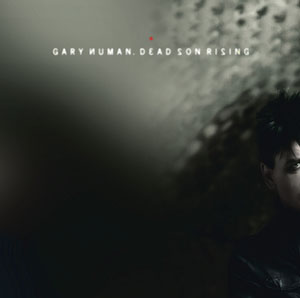
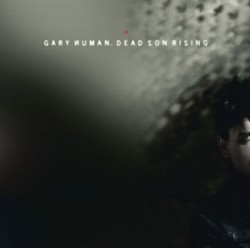
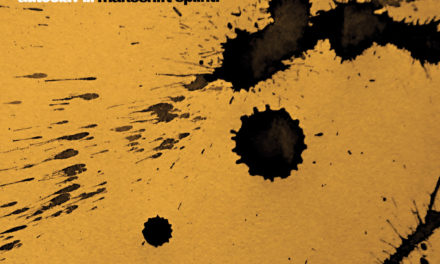
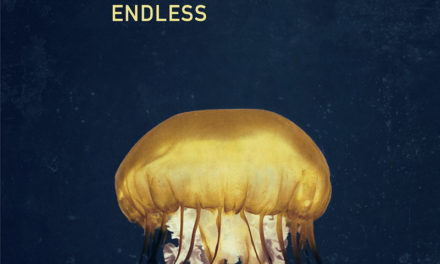
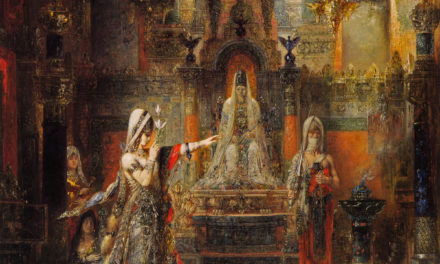

Good review. I haven’t heard much of his recent stuff, but I quite like that.
Cheers!